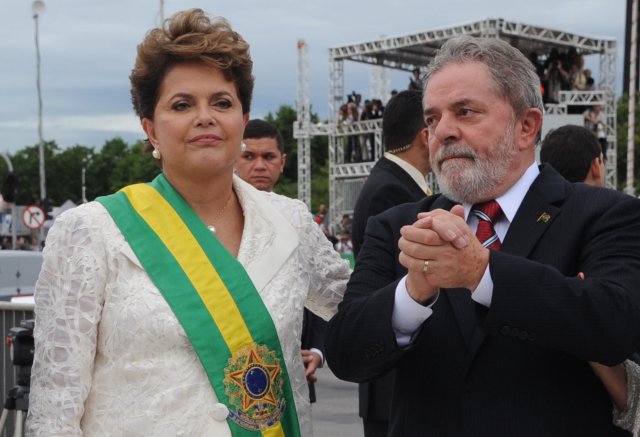
At the international level, a number of media outlets and political leaders have provided analyses aimed at explaining and denouncing the situation, frequently using an oversimplified lens through which to interpret the latter: according to these analyses, we would be witnessing a “crisis of representation” of the Brazilian system, characterised by a binary system (i.e. the left vs. the right; the people vs. the bourgeoisie). Such understanding however neglects the complexity of the situation and of its political, sociological and historical motives.
In order to escape this oversimplification, it is necessary to engage with some recent Brazilian history. It is the contention of this text that, in so doing, we can gain a better understanding of the current situation.
Glauber Aquiles Sezerino



